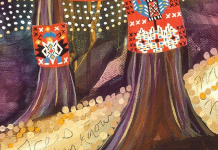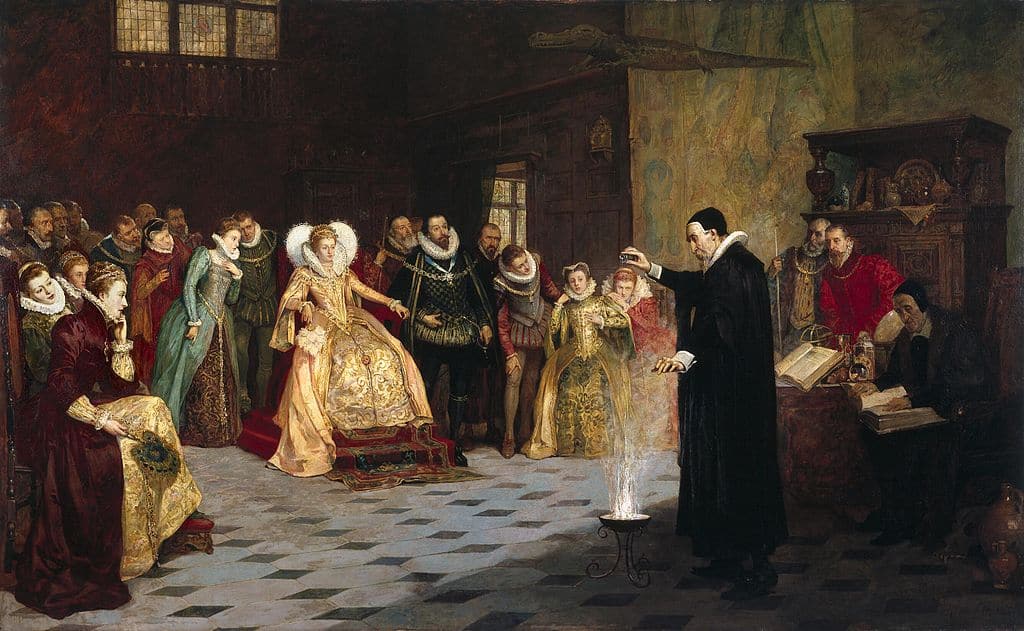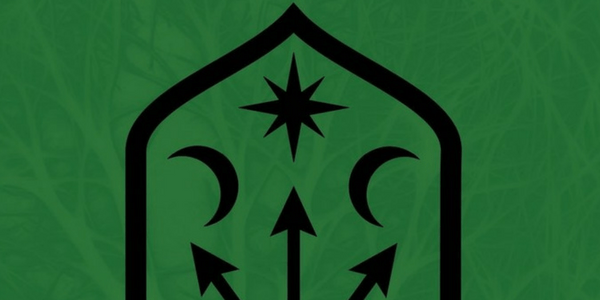
Rebels & Devils: The Psychology of Liberation
, edited by Christopher S. Hyatt
New Falcon, 1561841536, 428 pp., 1996, 2000
Rebels and Devils is a collection of works from some of the most rebellious and accomplished minds of our time; including such notorious authors as William Burroughs, Phil Hine, Peter Carroll, Austin Osman Spare, Aleister Crowley, Israel Regardie, Robert Anton Wilson, Timothy Leary, Osho, and naturally Christopher S. Hyatt, as well as various others. Not only a collection of essays, it also consists of various photographs, poetry, biographies, interviews and even a comic drawn by S. Jason Black and co-written by Hyatt. Comprised of more than works psychology and magick; anything that could be deemed rebellious or individualistic; also covered are such topics as yoga, meditation, sex, drugs, guns, death, and the difference between rebellion and revolution.
I’ve never read anything by Israel Regardie before, as his most famous works seem centred around the Golden Dawn, and I’ve never had much use for formal magickal orders, so I was somewhat surprised to discover while reading an interview between him and Hyatt (‘The Final Words of a Western Master’) that he was so funny, as I tend to see that sort of thing as being dry work. Both humourous and insightful, he made an excellent point regarding the misconceptions readers have about the authors they read, very one dimensionally, and this certainly helps expand that.
In ‘The Calling of the Holy Whore’, Diana Rose Hartman, the only female author in the entire compendium, offers an intelligently refreshing re-interpretation of the Judeo-Christian myths surrounding Satan/Lucifer in the rebel guise, noting how ‘devil’ and ‘divine’ grew out of the same Indo-European root word devi, and ‘demon’ came from the Greek for genius, daemon. Hart contributes an interesting feminist perspective to rebellion, in embracing the holy whore within ourselves.
Christopher Hyatt reflects on the methods of modern slavery in ‘Who Owns the Planet Earth’:
“While most humans agree that slavery is evil – that the ownership of one human by another is immoral – few humans equate slavery with enforced education, welfare, health, and the idea of a perfect orderly universe. Slavery is usually associated with power over others and with the ability to enforce one’s will on another without the fear of retaliation. Within the “right” of ownership and debt there is a hidden mystery – a metaphysics – a knowledge only available to those with the power to create and enforce their metaphysics. Whenever a new group achieves power, they also inherit the metaphysics and magickally, the ability to use it.”1
While Osho notes in ‘Rebellion is the Biggest “YES” Yet’:
“Rebellion is an individual action; it has nothing to do with the crowd. Rebellion has nothing to do with politics, power, violence. Rebellion has something to do with changing your consciousness, your silence, your being. It is a spiritual metamorphosis.”2
The myriad of discussions on rebellion and liberation in its various forms make this a book to be treasured for years to come. While not every essay is a shining jewel to be discovered, there is a sufficient number that makes Rebels and Devils defiantly worth reading. I recommend that they be read as they appear, even though one may not be interested in every subject discussed, they do follow a loose sequence.








